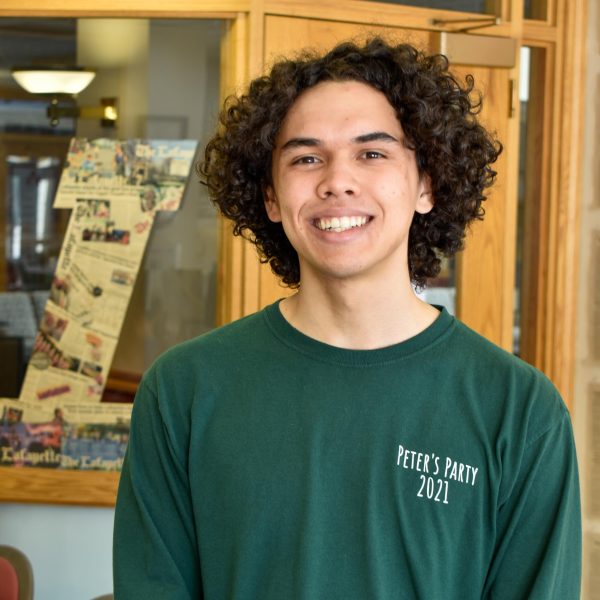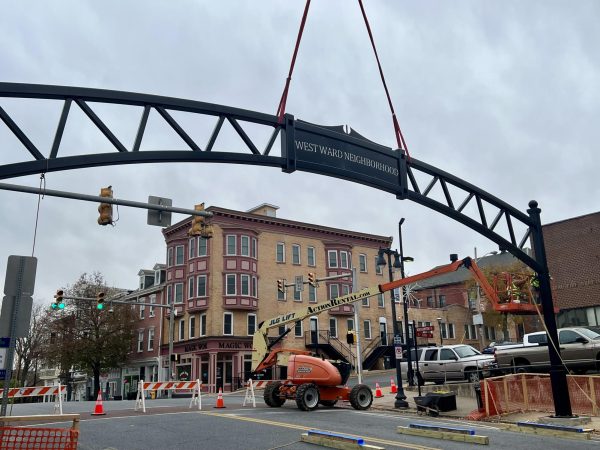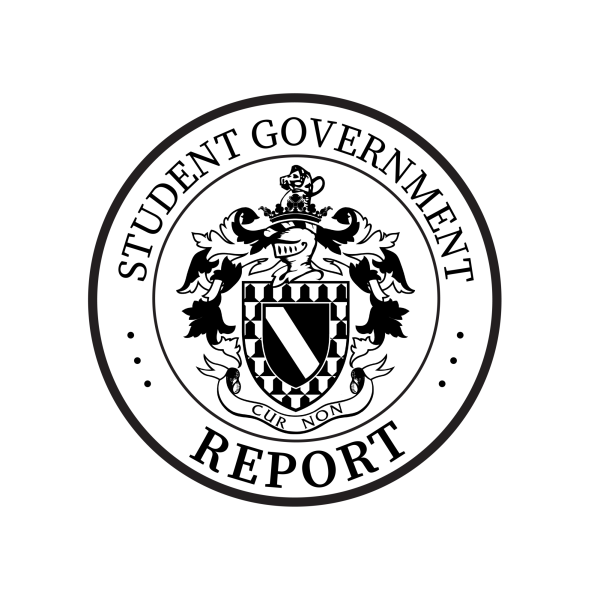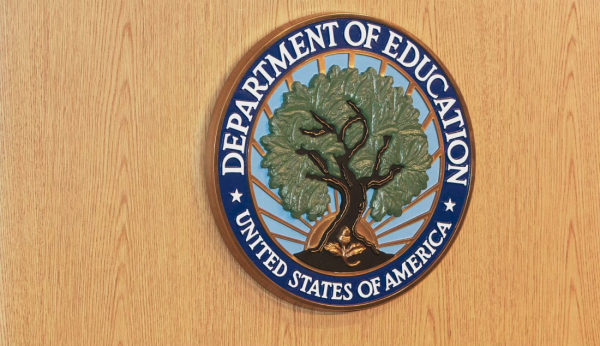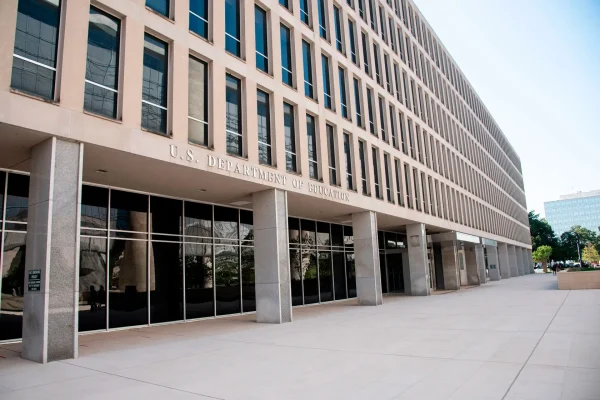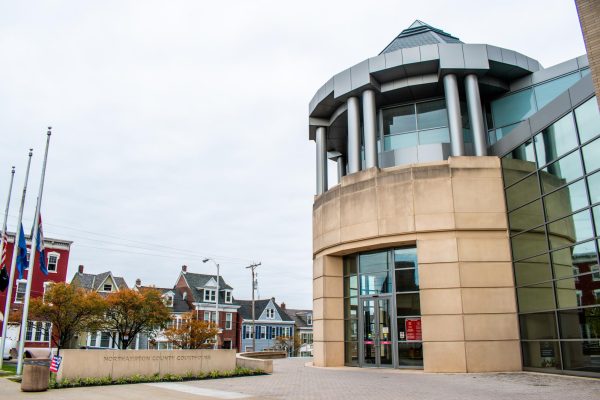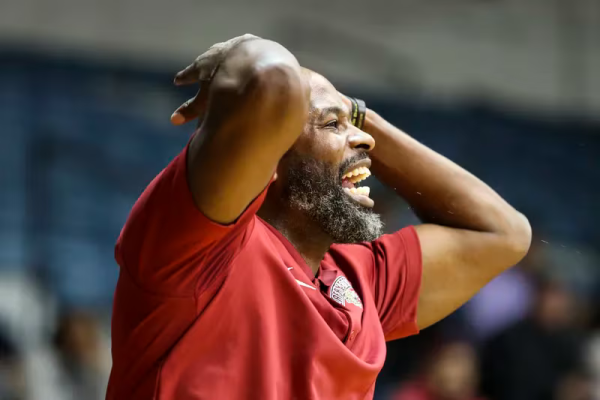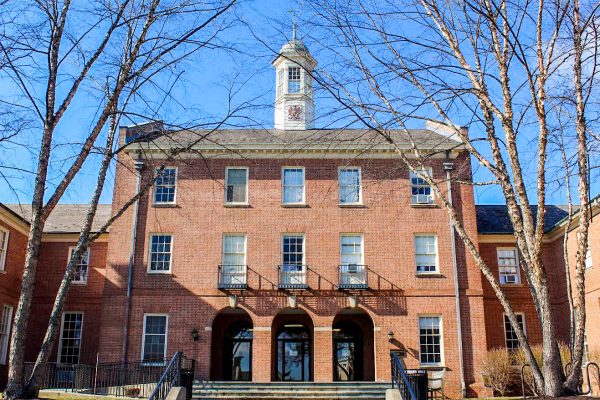Post-graduation hurdles faced by some international students

The Office of Intercultural Development assists international students with the visa process. (Photo courtesy Lafayette OID Facebook)
April 8, 2022
For most of the student body, graduation signals the start of a new adventure, but for international students, the end of the collegiate road is rife with paperwork and bureaucracy.
Janine Block, the advisor to international students, described the process of applying for and obtaining a work visa as “a bit tricky.”
“It’s a multi-step process. I do one-on-one meetings with everybody,” Block said. “There’s a workshop that I make mandatory where [students can] understand the process. Then I have one-on-one meetings with each applicant. Then I have something called the OPT Fiesta, where all the seniors that are applying get together and we actually work on the application itself and then get ready to submit it.”
Optional Practical Training (OPT) is a work authorization benefit that can extend an international student’s status so they can remain in the United States. Block said that the process of applying for OPT was simplified after going online.
“In the past, from beginning to end, it could take anywhere from three to four months,” Block said of receiving OPT, which gives preference to STEM students. The typical working visa for graduating seniors, known as H-1B, is decided by lottery.
According to Customs and Immigrations Services, 308,613 applications were received and 115,217 were selected for the 2022 fiscal year.
Sena Yevenyo ‘22 described the lottery system as “ludicrous” in an email.
“The necessary paperwork for applying for the H-1B in the United States I have not been involved with, since it was mostly handled by my future employer,” Yevenyo, who is from Ghana, wrote in an email.
For non-STEM students, opportunities are often far and few between.
“We try to find ways that we can help them study what they love and find ways to bring those things together and still give them opportunities after graduation to work in the U.S.,” Block said. “So you know, we have a fair number of students with a double major, or maybe they will find ways to incorporate those passions into what they’re doing in the ‘more marketable’ major.”
Due to this quirk of the visa system, most international students choose to study electrical and chemical engineering, computer science or economics. Lafayette has reworked the latter program to be considered STEM by the federal government. Block said there are other visa options for students who are “extraordinary” athletes or artists.
Although the Office of Intercultural Development does not assist international students with their job searches, the Gateway Career Center, along with a number of international student-focused agencies such as Interstride, work to connect students with employers. Block also helps connect students with alumni who are looking to hire, often former international students themselves. After employment in the United States, students then work with their immigration attorney and employer to further extend their stay, if they wish.
“I feel like less of an outsider when studying/working in the US because of how diverse it is,” Amanuel Zewge ‘22, from Ethiopia, wrote in an email.
Alex Ashley ‘22, from Jamaica, said that Block has been “an invaluable resource.”
“She’s been my anchor my entire Laf career,” Ashley said. “I particularly had lots of issues applying to study abroad, for example; the whole visa process is different for us. And I was unsure about how to go about doing that. But you know, Janine pulled through.”
Ashley will be attending Drexel University next year for graduate school, another avenue for international students who wish to stay in the United States.
Block emphasized the hurdles for international students that Americans often don’t understand.
“Even just to get here to study, getting that visa to come here can be tremendously difficult in some cases. And I’ve had people that even had to go to a different country to get the visa because they couldn’t do it in their own home country,” Block said. “So it’s just the whole work authorization process is just yet another hurdle that our international friends have to go through, and I’m always grateful for everybody that’s providing support in various ways.”



































































































